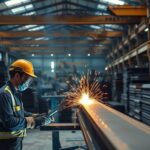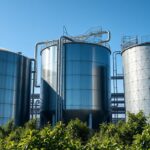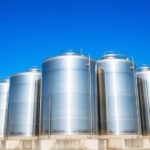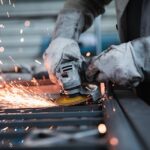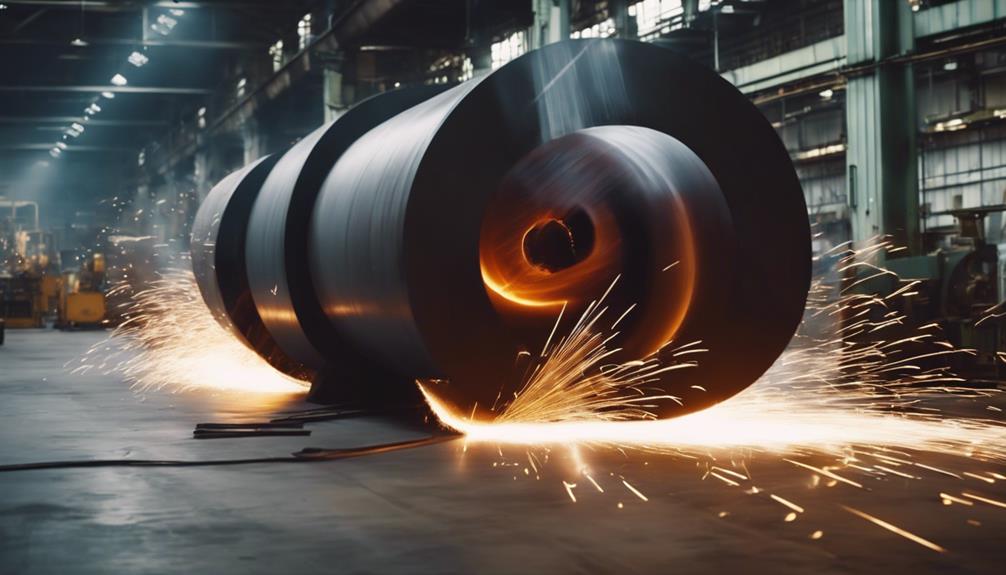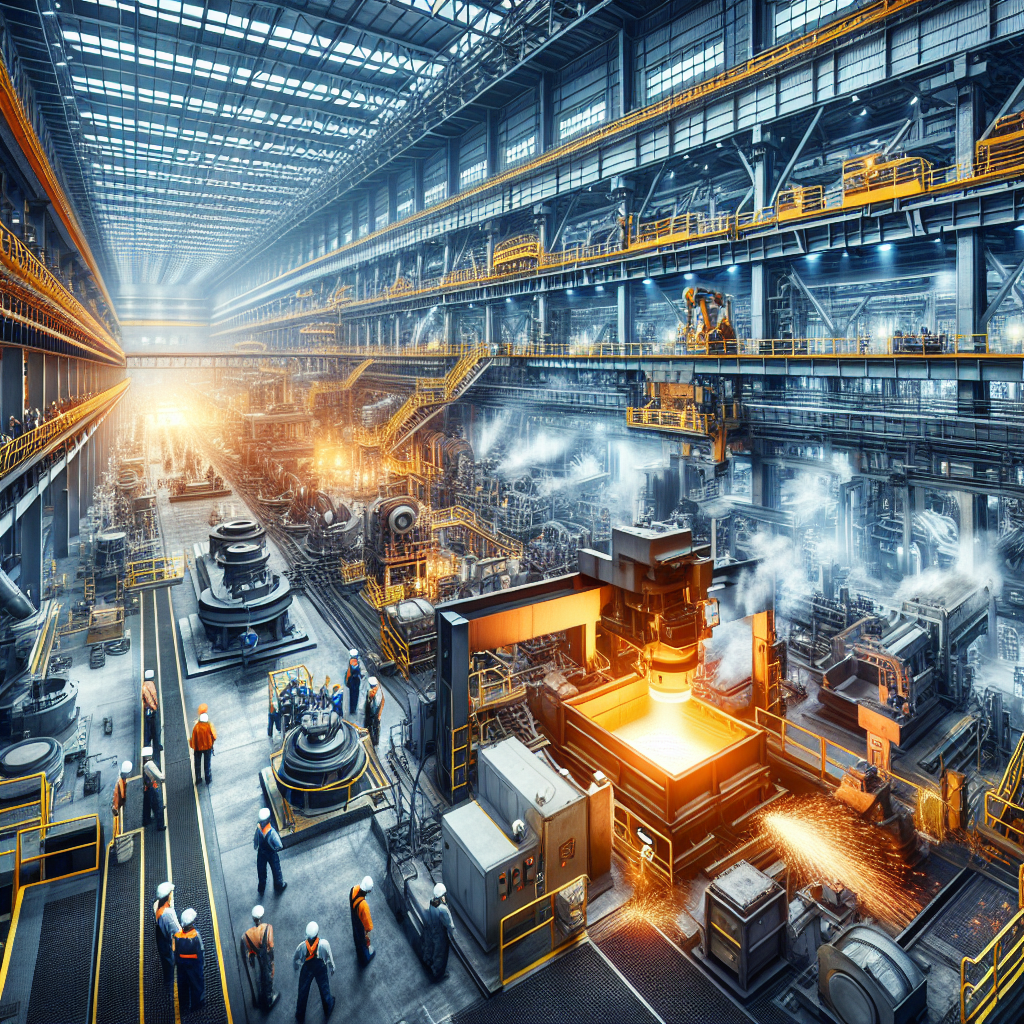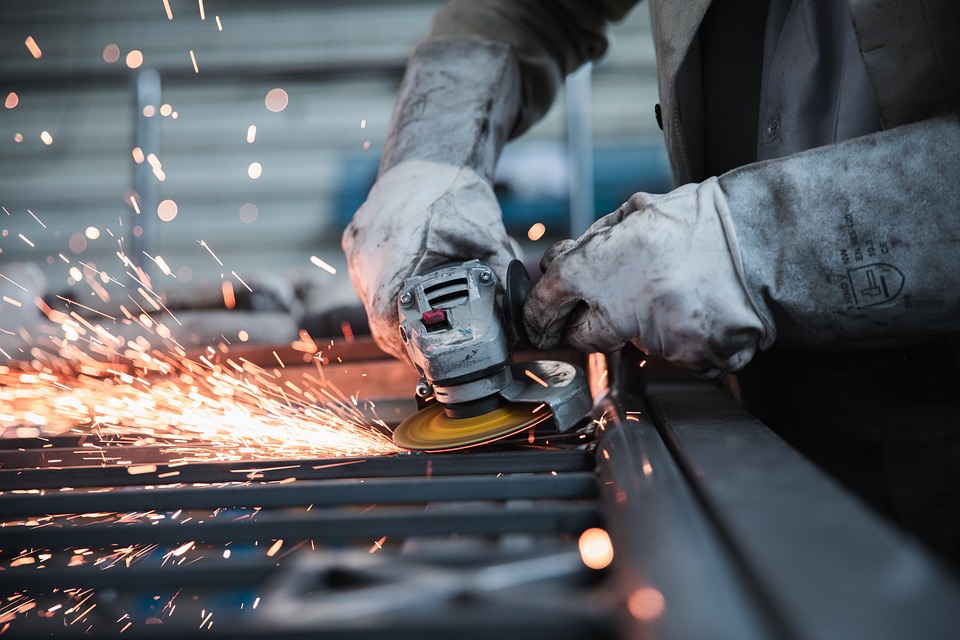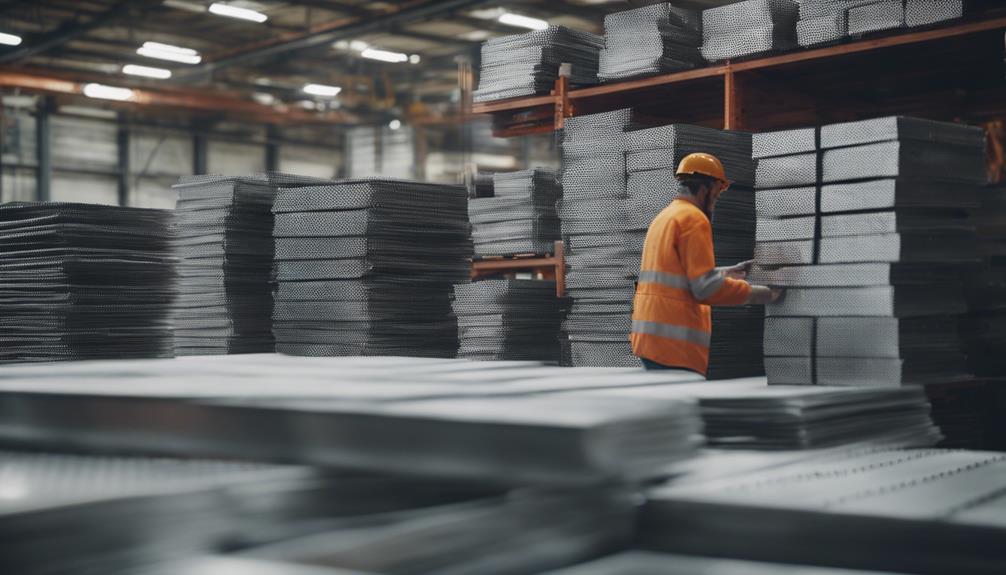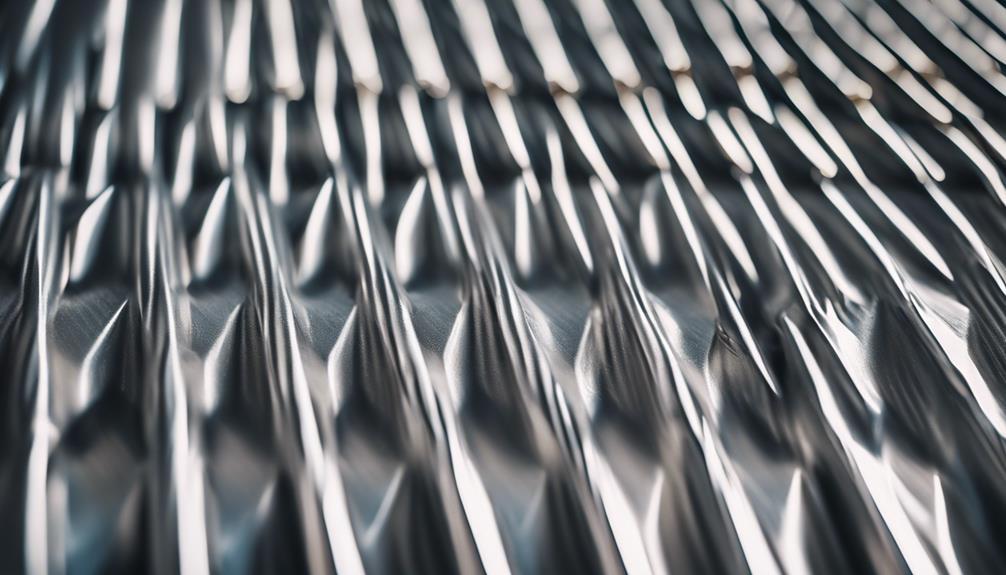Steel rolls are crucial in construction and industrial settings due to their durability, strength, and corrosion resistance. They offer unparalleled longevity, making them a cost-effective choice for various projects, including roofing applications. With different finishes and thickness options available, steel rolls can be customized to fit specific project needs. Additionally, their rust-resistant properties and smooth surfaces allow for easy painting and finishing. Understanding the benefits and types of steel roll finishes can help in selecting the right steel roll for a particular application.
Key Takeaways
- Steel rolls offer unparalleled durability and corrosion resistance for various industrial and construction needs.
- Galvanized steel rolls provide exceptional protection against corrosion, ensuring longevity and structural integrity.
- Various finishes like cold rolled and hot rolled steel offer smooth surfaces and cost-effective options.
- Steel rolls are crucial in creating weatherproof barriers and safeguarding against water infiltration in roofing applications.
- Customizable in thickness and size, steel rolls are versatile, strong, and suitable for residential, commercial, and industrial settings.
Benefits of Steel Rolls
Steel rolls offer unparalleled durability and strength, making them essential for a wide range of applications. Particularly, the Galvanized Steel Roll Valley and Flashing are highly sought after in construction due to their exceptional corrosion resistance and longevity. Steel rolls provide a dependable solution for projects requiring a robust material that can withstand harsh environmental conditions. Their durability guarantees an extended lifespan, making them a cost-effective choice for various industrial and fabrication needs. The corrosion resistance of steel rolls makes them ideal for outdoor use, where exposure to moisture and other elements could compromise lesser materials. In the domain of construction, the durability of steel rolls is a crucial factor in guaranteeing the longevity and structural integrity of buildings and infrastructure.
Types of Steel Roll Finishes
The variety of finishes available for steel rolls caters to a wide range of applications, each offering specific benefits tailored to different project requirements. Galvanized steel roll finishes provide superior corrosion protection, making them ideal for outdoor projects or decorative interior design where importance is paramount. Cold rolled steel sheet finishes boast a smooth surface, perfect for painting applications such as automotive panels and toolboxes. On the other hand, hot rolled steel sheet finishes feature a slightly grainy surface that is cost-effective and commonly used in general fabrication. Galvanized steel sheet finishes, with a lifespan of 20 years or more, are durable options suitable for long-term projects requiring reliable corrosion resistance and protection.
Applications of Steel Rolls
Utilized primarily in roofing applications, steel rolls serve as a vital component in creating a weatherproof barrier to safeguard against water infiltration. These rolls are strategically used to direct water away from critical areas such as roof intersections, windows, and structural components, effectively preventing water leaks and potential damage. Available in materials like aluminum, galvanized steel, and copper, steel rolls offer versatility to meet various needs in residential and commercial settings. Their rust-resistant properties make them durable, while the option for self-adhesive backing guarantees quick and efficient installation. This combination of features not only enhances the longevity of the structure but also provides a dependable solution for weatherproofing requirements in diverse construction projects.
Advantages of Using Steel Rolls
With their exceptional durability and corrosion resistance, steel rolls offer a multitude of advantages for a wide range of applications. The superior strength of steel rolls makes them ideal for heavy-duty applications where resilience is essential. Their excellent corrosion resistance guarantees longevity, making them perfect for outdoor projects exposed to harsh elements. The smooth surface of steel rolls allows for easy painting and finishing, enhancing their aesthetic appeal. Additionally, the availability of steel rolls in various gauges and sizes caters to diverse project requirements, providing flexibility and customization options. Overall, the combination of durability, corrosion resistance, smooth surface, and versatility makes steel rolls a preferred choice for many industrial and construction applications.
Factors to Consider When Choosing Steel Rolls
Considering the specific project requirements and desired outcomes, selecting the appropriate steel rolls involves a thoughtful evaluation of various key factors. Thickness is an important consideration, with options like 22-Gauge, 24-Gauge, and 26-Gauge available to cater to different project needs. Galvanized steel rolls offer enhanced corrosion protection, making them suitable for outdoor projects or decorative interior design. The choice between hot rolled and cold rolled steel rolls depends on the desired surface finish, whether slightly grainy for painting or smooth for automotive panels. Custom-sized steel rolls can be tailored to fit specific project requirements precisely, reducing waste and ensuring a perfect fit for the application. The availability of different finishes, including galvanized, further enhances durability in various applications.
Maintenance Tips for Steel Rolls
To ensure the longevity and peak performance of steel rolls, implementing efficient maintenance practices is vital in preserving their quality and functionality. Regular inspection is essential to check for rust, corrosion, or any damage that could affect the integrity of the steel rolls. Cleaning steel rolls with a mild detergent and water helps remove dirt and debris, maintaining their appearance. Applying a rust-inhibiting coating further prevents oxidation and extends the lifespan of the rolls. Proper storage in a dry, well-ventilated area is key to preventing moisture buildup and rust formation. Additionally, handling and transporting steel rolls with care using suitable equipment is necessary to avoid dents or scratches that may compromise their functionality.
Environmental Impact of Steel Rolls
Steel rolls play a pivotal role in various industries due to their recyclability and low environmental impact, contributing substantially to sustainability efforts. These rolls are not only recyclable but also durable, reducing the need for new materials and minimizing waste. The production of steel rolls has a lower environmental impact compared to other materials, making them a sustainable choice. Moreover, steel rolls can be repurposed into various products, promoting a circular economy and reducing the consumption of raw materials. Their energy-efficient production process, coupled with modern steelmaking techniques, helps in lowering greenhouse gas emissions and energy consumption. By utilizing steel rolls in construction and manufacturing, projects can notably decrease their carbon footprint, making steel rolls an environmentally friendly option for various applications.
Frequently Asked Questions
Are Steel Rolls Suitable for Use in Food Processing Industries?
Steel rolls used in food processing industries must meet specific requirements for safety and sanitation. It is crucial to verify that the material is food-grade, non-toxic, and resistant to corrosion to uphold product quality.
How Do Steel Rolls Compare to Other Types of Rolls, Such as Rubber or Plastic?
Steel rolls offer superior durability and precision in various industries. Compared to rubber or plastic rolls, steel rolls often provide better temperature resistance, wear resistance, and dimensional stability, making them a preferred choice for critical applications.
Can Steel Rolls Be Customized for Specific Applications?
Yes, customization of rolls is typical in industrial applications. Tailoring steel rolls for specific uses involves adjusting dimensions, coatings, and surface finishes. This customization guarantees top-notch performance and longevity in diverse manufacturing processes.
What Is the Lifespan of a Typical Steel Roll?
The lifespan of a typical steel roll can vary depending on factors such as usage, maintenance, and material quality. Regular inspections, proper lubrication, and timely repairs can help extend the lifespan of the equipment.
Are There Any Safety Concerns Associated With Using Steel Rolls in Industrial Settings?
Safety concerns are present when using steel rolls in industrial settings. These may include risks of entanglement, crushing, and caught-in hazards. Proper training, maintenance, and adherence to safety protocols are essential to mitigate these potential dangers.
